How 4 Entrepreneurs Started Businesses During the Pandemic
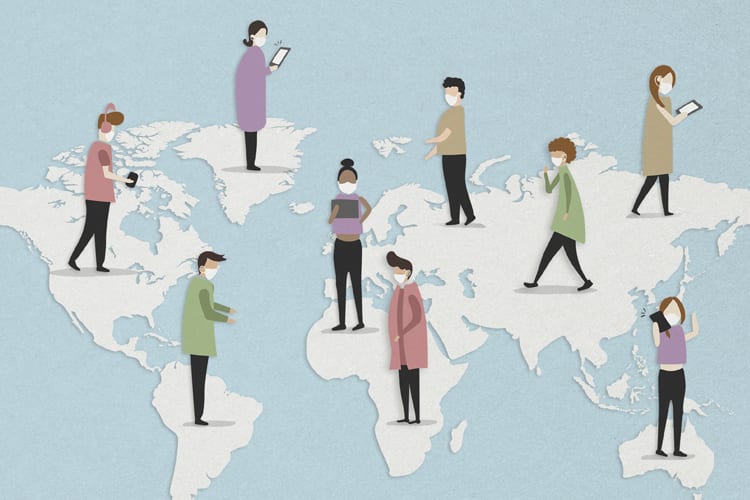
Breanna Suden entered work mid-March and, like tens of millions of Americans, was met with heartbreaking news. After seven successful years in public relations, Suden was jobless.
“I’ll never forget the words that were spoken to me,” Suden said. “’We’ve had to make some changes due to the current coronavirus epidemic. We’ve had to cut positions and unfortunately, your position is no longer needed.’”
Suden struggled with depression after her layoff, and she constantly worried about money.
“I lived in one of the most expensive cities in the world – if I can’t find a job, how am I able to afford rent? Can I even afford groceries? My mind would constantly be spinning about how I could afford to live on unemployment in the middle of a pandemic in a city where everything is expensive and overpriced,” she said.
Pandemic Pivoting
However, Suden never lost her tenacity or patience. She reached out to past contacts, colleagues, clients, and employers, leveraging her existing network to slowly find freelancing work. After getting the ball rolling and getting back on her feet, Suden launched her own firm – Suden PR. In just five months, Suden had gone from unemployed to a business owner.
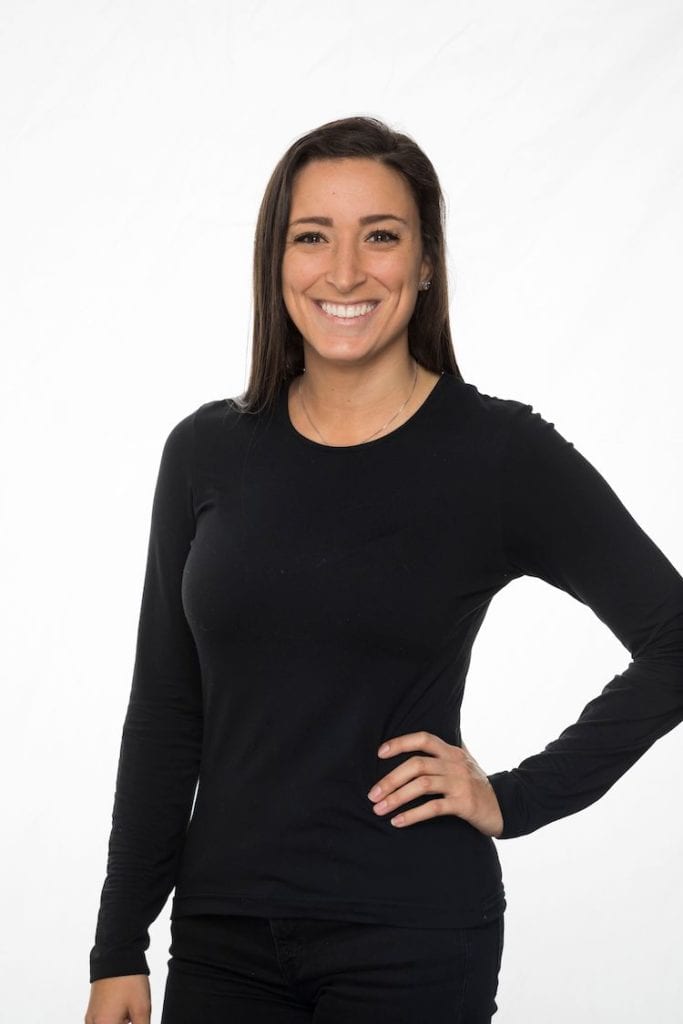
“While not my original career plan, I’ve been able to find success among the darkness and I am so lucky to be able to have the network of amazing colleagues, family, and friends who have helped me along the way.”
Despite more than 100,000 businesses closing their doors for good since the onset of the pandemic, plenty of ambitious people like Suden have blazed their own paths and opened businesses, bucking trends and setting up shop during a financially uncertain time.
We spoke with Suden and other intrepid entrepreneurs who launched their own companies or non-profits during the pandemic to find out a bit more about the struggles and successes that came with the task.
Overcoming Challenges
Building a business from the ground up is hard enough on its own. Add in a global pandemic and it becomes an incredibly daunting task. For those forced to overcome personal hardships as well, the factors make it seem almost impossible to start a strong business. And yet, people like Jamie Wright continue to defy the odds.
“I found myself the victim of domestic violence during the middle of the pandemic in April. I had to escape my abuser and went to a local women’s shelter in the Houston, Texas area,” Wright said. “It was an absolutely ugly, frightening, liberating, freeing, life-changing time! My re-birth of life literally happened during that time.”
Wright left the shelter in August and moved into an apartment with money she had saved up. With her feet back under her, Wright decided her mission was to give back and help others avoid the struggles she went through.
“I did not know right away that I wanted to start a business, I just wanted, at the time, to be healed, I just wanted to stop hurting, I wanted to feel emotionally, mentally, and financially ‘safe’ again,” Wright said. “I wanted to transition out of the shelter into my own apartment and begin rebuilding my life again. And somehow help others not go through what I had been through.”
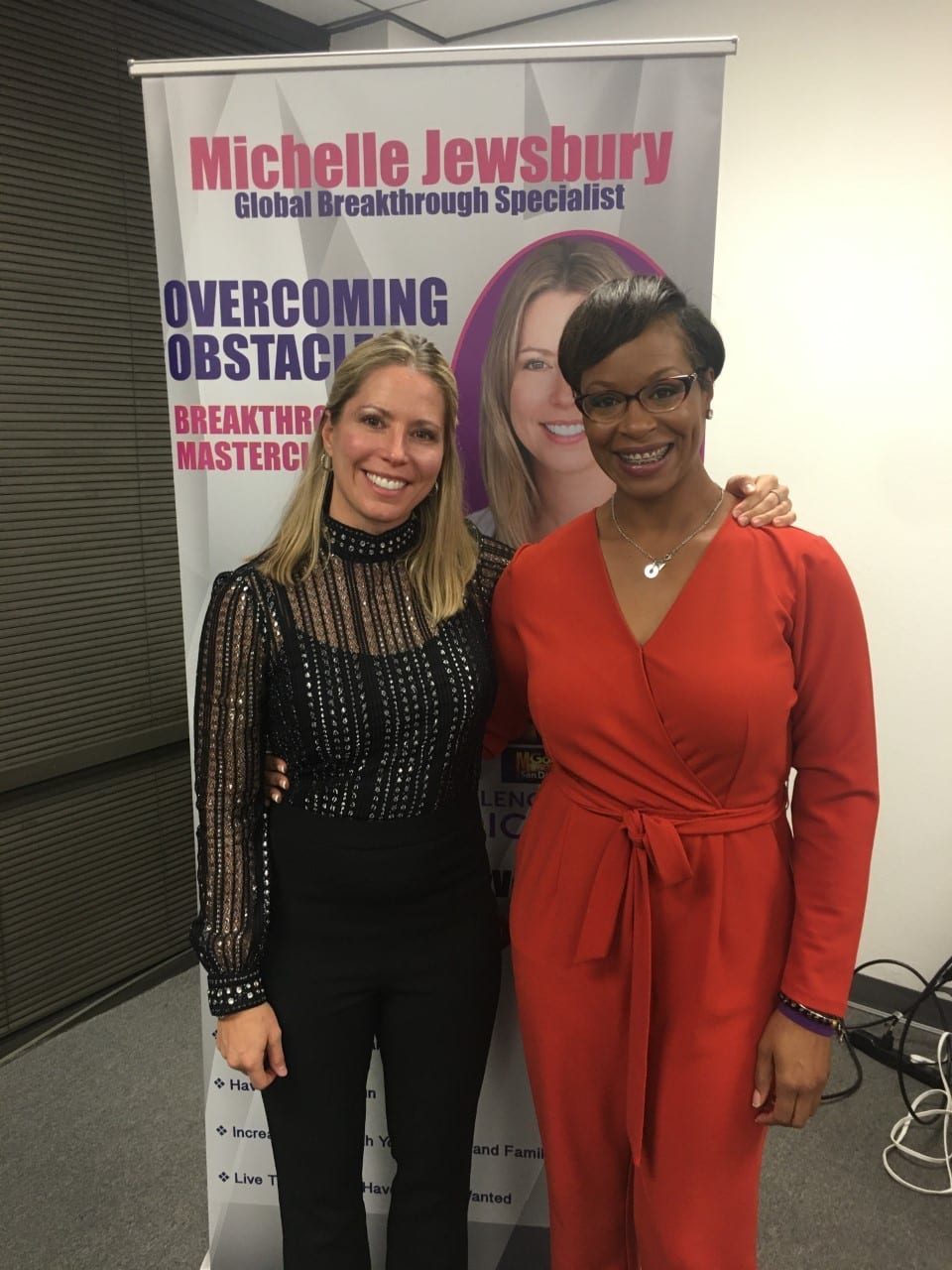
Soon after leaving the shelter, she attended a small business seminar, thinking she could get tips on how to develop a business in compliance, her past field. During the conference, she raised her hand and told the speaker that she felt pulled to work with victims of domestic violence. As it happened, Michelle Jewsbury – a best-selling author, world-renowned activist, and founder of a non-profit to combat domestic violence – was also at the seminar. Wright met Jewsbury, requested to hire her as a coach, and Jewsbury signed on.
“We worked together for 3 months and I’ve literally gone from transitioning out of the shelter in July to speaking on various virtual platforms, creating my LLC, to hosting a virtual event, ‘The 2020 Hope Summit’, and I’m also writing 2 books,” Wright said. “And have no end in sight of slowing down on my mission to help others heal from trauma and learning to love themselves again!”
Providing Health and Wellness
Jennifer Silacci spent the last 16 years as a private practice psychotherapist. Silacci enjoyed her job and had no intentions of changing course, but the conditions for essential healthcare workers at the onset of the pandemic forced her to reevaluate her career plans.
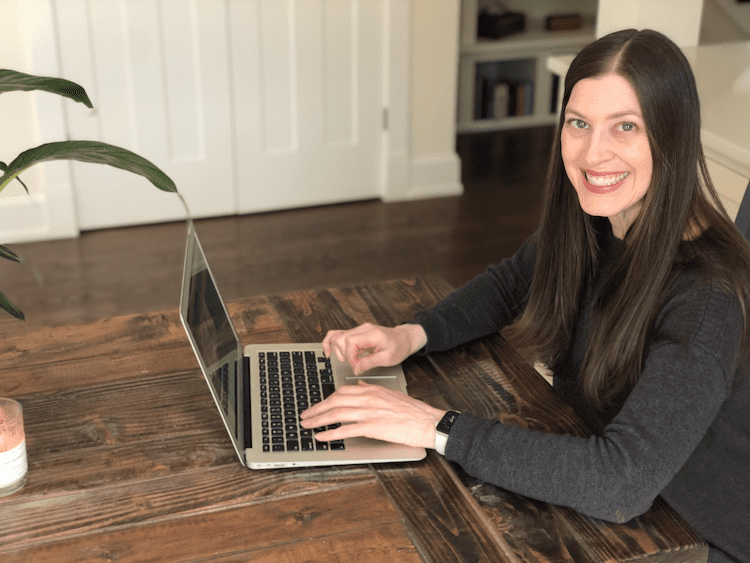
“It became painfully clear in the early days of the pandemic that essential workers not only needed to keep themselves physically safe, they also needed to care for their emotional and mental wellbeing,” Silacci said. “I called upon my colleagues to join me in offering free and low-cost online therapy to those on the frontlines, and we rapidly grew.”
The idea caught on quickly – Silacci shared the plan with colleagues, who in turn spoke with other health care professionals. That initial idea turned into the Therapy Aid Coalition, a mental health non-profit designed for healthcare workers and other victims of disaster. Silacci founded the non-profit in March and serves today as Executive Director.”Everyone was stressed and anxious, including myself,” Silacci said. “I wondered, If we felt this way, how in the world were essential workers coping?”
Today, Therapy Aid Coalition is made up of a network of more than 3,000 therapists nationwide, providing a critical outlet for essential workers to find mental health relief. Although Silacci has been able to build from the ground up, the process has not always been seamless or easy.
“Our three biggest challenges have been; marketing without funds to spread the word; implementing technology to streamline operations; raising funds and securing grants to create a therapy scholarship fund to cover the costs of therapy,” Silacci said.
Despite some of the financial challenges facing the Therapy Aid Coalition, Silacci’s generous endeavor has been aided by the generosity of others. VidHealth, a telemedicine company, has helped the Coalition manage all its tech needs, and a law firm in New York worked pro-bono to help register the coalition as a 501(c)(3) non-profit. After months of advancements and adversity, Silacci still has high hopes and big plans.
“We aspire to become the Red Cross of mental health and to expand to serve those impacted by hurricanes, mass shootings, and other crises that occur within the United States,” she said.
Gerard’s Story
A teacher, Irish transplant, and world traveler, Gerard found himself facing unfortunate circumstances in New York City this year. He moved to the city to spend more time with his sister and her 3-year-old son and found some income by working in a bar. Then the pandemic struck.
“Bars temporarily closed without paying their staff a dime and some bars permanently closed.
This is what forced my sister and me to come up with another idea to keep us afloat during the pandemic,” he said.
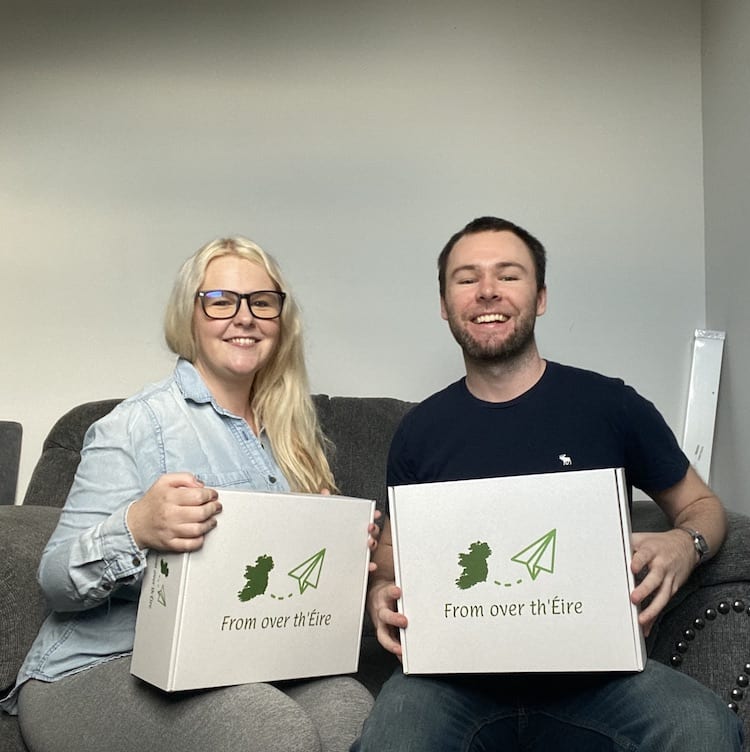
Gerard’s boyfriend at the time was an ER doctor in the city, who often complained about the lack of PPE and supplies in the hospital. He was working 24-hour shifts during some of New York’s worst months and tragically took his own life in June as a result of the personal and professional stress in his life.
“This was a huge loss for his family, colleagues, patients, and myself,” Gerard said. “With all the stress that was going around due to COVID-19, my sister and I wanted to find a way to firstly distract ourselves from all the stress by keeping busy, and secondly by helping bring families closer together while furthest apart; a socially distanced hug in a box.”
Thus, From Over th’Eire was born, a specialized Irish gift company for anyone missing the Emerald Isle. Gerard and his sister launched their Irish-themed gift company in September and have since partnered with groups like the First Responders Children’s Foundation and the Ronald McDonald House.
“We saw a gap in the market for Irish care packages and thought we should fill it,” he said.
The Bottom Line
There’s no perfect recipe for launching a business, particularly during a pandemic. Each person we spoke to overcame personal difficulties in addition to the global challenges we’re facing and persevered nonetheless. If you’re considering starting a business amid the pandemic, you need tenacity, patience, and motivation.
“Building a business takes time, nothing happens overnight. Be patient, set realistic goals for yourself, and try not to stress! Everything will happen in due time,” Suden said.
Read More: 4 Families Share What it Was Like to Relocate During the Pandemic









